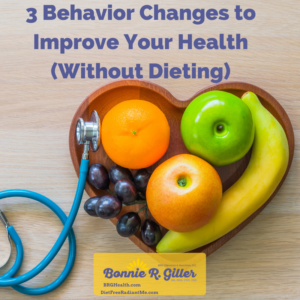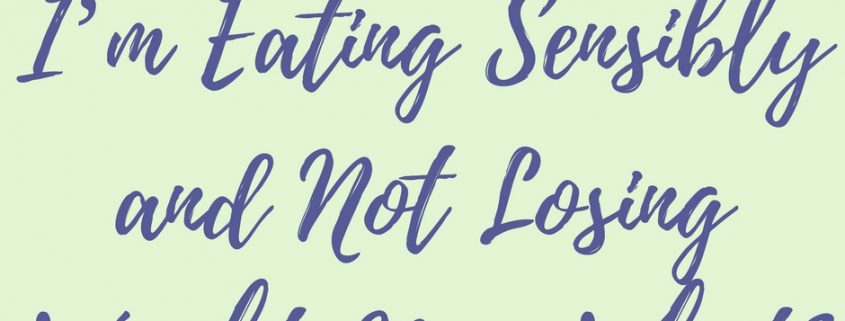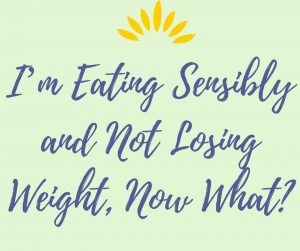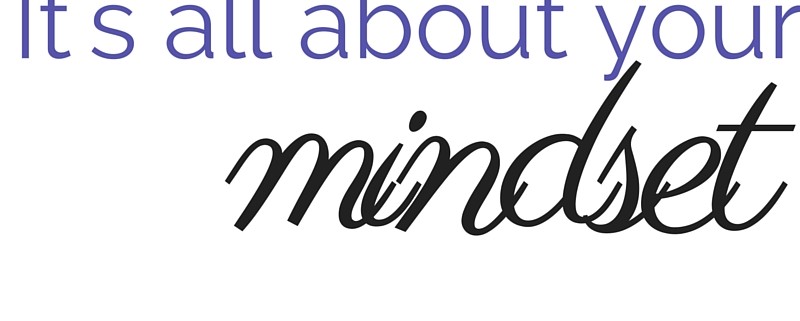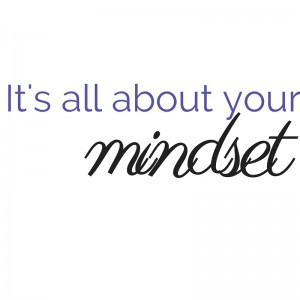10 REAL Reasons to Exercise (ZERO are for Weight Loss)
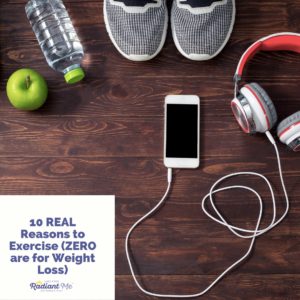 For many, starting a new diet program usually coincides with starting a new exercise regimen. You’re not only counting calories (or points, carbs, fat, etc), but you’re focusing on all the extra calories you are burning with exercise. However, once you stop that new fad diet, you are also likely to stop the new exercise regimen.
For many, starting a new diet program usually coincides with starting a new exercise regimen. You’re not only counting calories (or points, carbs, fat, etc), but you’re focusing on all the extra calories you are burning with exercise. However, once you stop that new fad diet, you are also likely to stop the new exercise regimen.
This is because you’re probably not exercising because you enjoy it, you’re exercising because you feel like you have to. Exercise, or any movement for that matter, should not feel like a chore. You should be moving because it makes you feel good.
When you find an exercise regimen that you enjoy, is gentle on your body, and is fun, you’re more likely to stay with it.
Here are 10 reasons to move that beautiful body of yours, and none of them include weight loss:
1. Decreases Stress Levels
I get it, after a hectic and busy day, the last thing you want to do is hop on that stationary bike. However, exercise releases endorphins which can bring down stress levels. Rather than going straight to your comfort food after a grueling day, try going for a brisk walk for an endorphin rush.
2. Increases Energy Levels
Physical activity gets your heart rate elevated and brings oxygen to your muscles while releasing endorphins. In addition to stress management, endorphins can raise energy levels. Skip the afternoon power nap and go for a midday run to power you through the rest of the day.
3. Improved Sleep
It is theorized that regular exercise raises your body temperature a few degrees which can have an impact on your sleep. When your body returns to its normal temperature level, drowsiness is triggered, helping you fall asleep faster.
4. Improved Cognitive Function
Exercise gets the blood flowing, delivering oxygen to your brain. Exercise may also stimulate growth hormones that are responsible for creating new brain cells.
5. Protects Against Some Cancers
Regular physical activity reduces the risk of developing colon cancer and may also help prevent breast and lung cancers.
6. Reduces the Risk of Heart Disease
Aerobic exercise (exercise that gets you breathing such as running, brisk walking, swimming, or biking) strengthens the heart and blood vessels, increases HDL (“good”) cholesterol, lowers triglyceride levels, and lowers blood pressure.
7. Helps Lift Your Mood
Thanks to chemicals released in the brain during exercise, you may find feelings of anxiety, depression, and mental stress melt away during a workout. These same body chemicals may even reduce pain and induce feelings of happiness and well-being. Greatest improvements seem to come after weeks of regular exercise, so stick with it!
8. Bolsters Your Immune System
Regular, moderate activity benefits the immune system, which may mean fewer colds, viruses, and infections for you. Sounds like a pretty good reason to move, especially during the pandemic!
9. Increases Insulin Sensitivity
Exercise improves your body’s ability to use the insulin it makes, reducing insulin resistance. It may even decrease the amount of medication you need.
10. Helps maintain bones and joints
Weight-bearing exercise can help prevent osteoporosis, while a sedentary lifestyle promotes bone loss. Physical activity is important for keeping joints and muscles strong, along with promoting flexibility and balance.
You see? So many amazing reasons to move your body as much as you can. Your body was made to move. And when we take the weight loss reason out of the conversation, there is so much more pleasure in it too!
If you’re having trouble decoupling exercise from weight loss, realize this is diet culture nagging at you!
Pop your name and email into the boxes below to get started on your journey towards breaking the spell of diets!!
Note: Speak with your physician before starting any exercise program.



